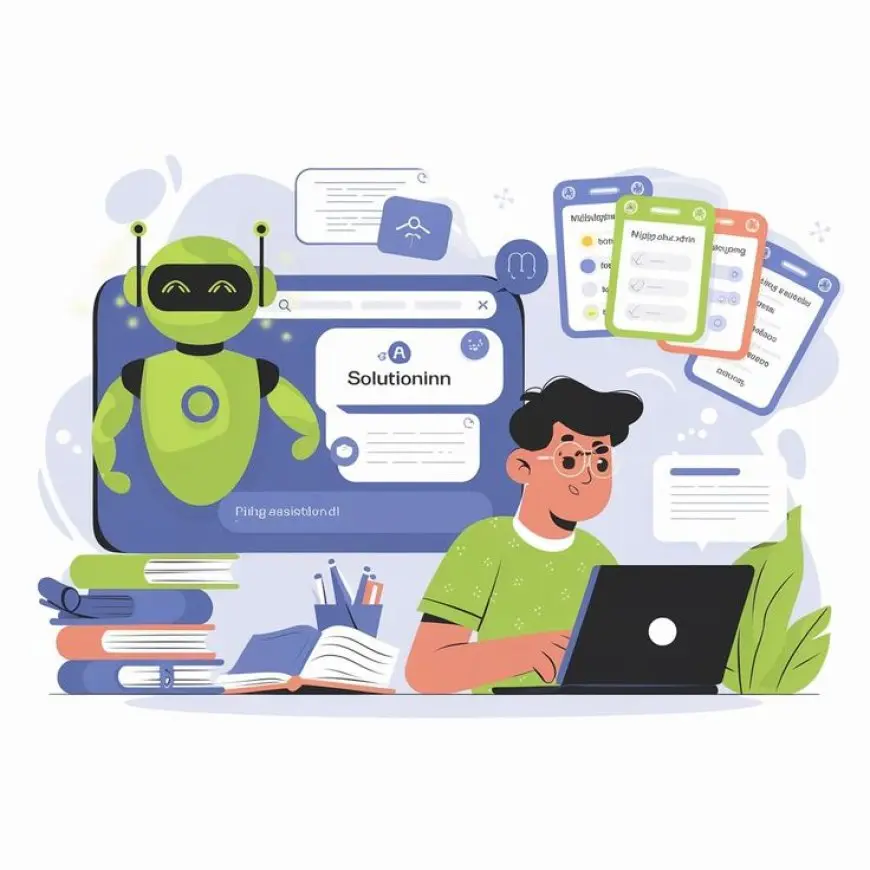How to Learn Effectively with Flashcards
How to Learn Effectively with Flashcards

Flashcards are a powerful learning tool for mastering new concepts, reinforcing memory, and preparing for exams. When used strategically, they can help you absorb information faster and retain it longer. Here are some tips on how to make the most of flashcards for effective learning.
Focus on active recall. The strength of flashcards lies in their ability to promote active recall, which involves retrieving information from memory rather than simply recognizing it. When reviewing a flashcard, try to answer the question or explain the concept before flipping it over to check the answer. This process strengthens your memory and helps solidify the information.
Use spaced repetition. Instead of reviewing all your flashcards in one sitting, space out your practice over days or weeks. Spaced repetition leverages the psychological principle that we remember information better when we review it at increasing intervals. Apps like Anki or Quizlet can help you automate this process by prioritizing cards you struggle with and revisiting them more frequently.
Create clear, concise cards. Keep each flashcard focused on a single concept or question. Overloading a card with too much information can make it harder to recall and less effective for learning. Use simple language, bullet points, or key terms to ensure clarity and readability.
Incorporate visual elements. Adding images, diagrams, or charts to your flashcards can improve retention by engaging visual memory. For example, if you're learning anatomy, include labeled diagrams of body parts. Visual aids are especially helpful for topics that involve spatial or graphical information.
Write your own flashcards. While pre-made flashcards can save time, creating your own cards allows you to engage with the material actively. The act of summarizing and organizing information helps reinforce your understanding and tailor the content to your learning style.
Mix up your deck. Avoid reviewing flashcards in the same order each time, as this can lead to pattern recognition rather than genuine understanding. Shuffle the deck to challenge your brain and ensure you’re learning the material independently of its sequence.
Apply the "Leitner System." Divide your flashcards into multiple groups based on how well you know each card. Review the cards you find difficult more frequently, and move them to less frequent review as you master them. This method focuses your energy on the areas that need improvement, making your study sessions more efficient.
Say your answers aloud. Verbalizing your responses helps engage multiple senses, reinforcing learning and improving recall. Speaking your answers also mimics real-world situations where you'll need to explain or articulate what you've learned.
Test yourself regularly. Flashcards are most effective when used for self-assessment. Periodically test yourself on your entire deck to identify weak areas. These practice sessions not only measure progress but also build confidence by showing you what you’ve mastered.
Combine flashcards with other learning methods. While flashcards are excellent for memorization, they work best when paired with other techniques like practice problems, group discussions, or real-world applications. This comprehensive approach ensures a deeper understanding of the material.
By incorporating these strategies into your study routine, flashcards can become a versatile and efficient tool for learning. Whether you’re preparing for exams, mastering a new language, or exploring a hobby, they help you break complex information into manageable pieces and turn studying into a more interactive and rewarding experience.







